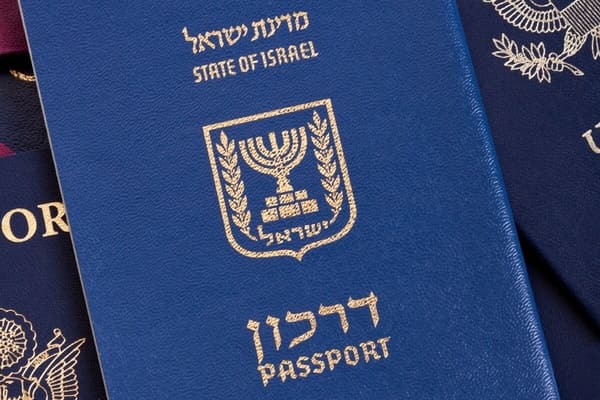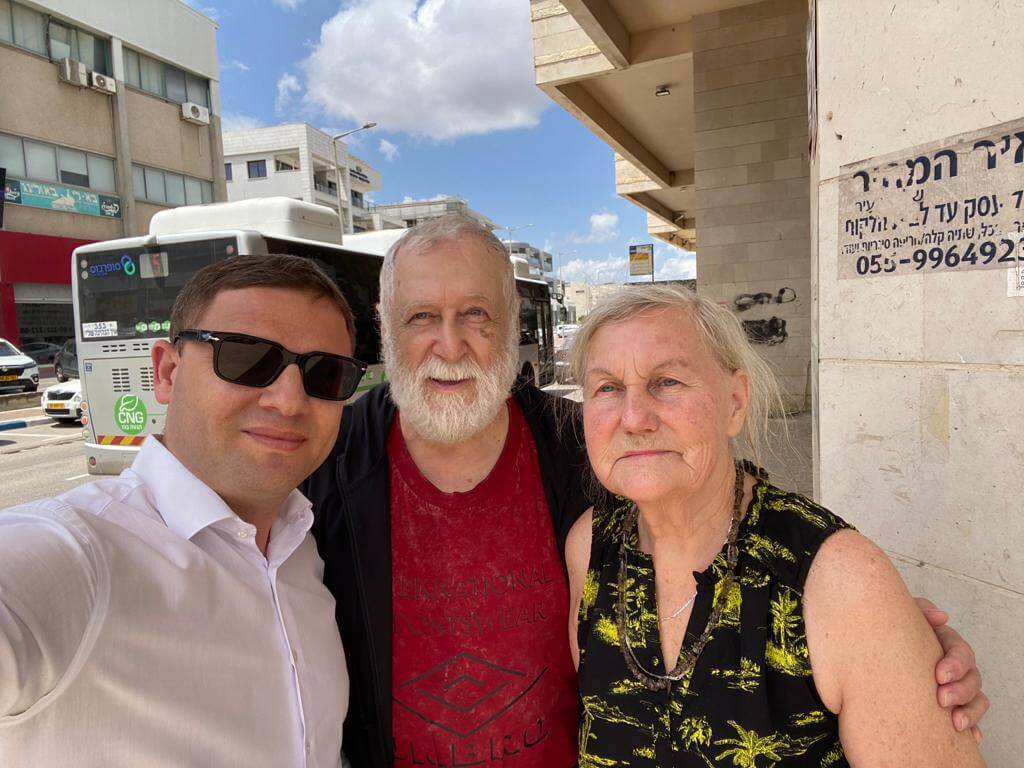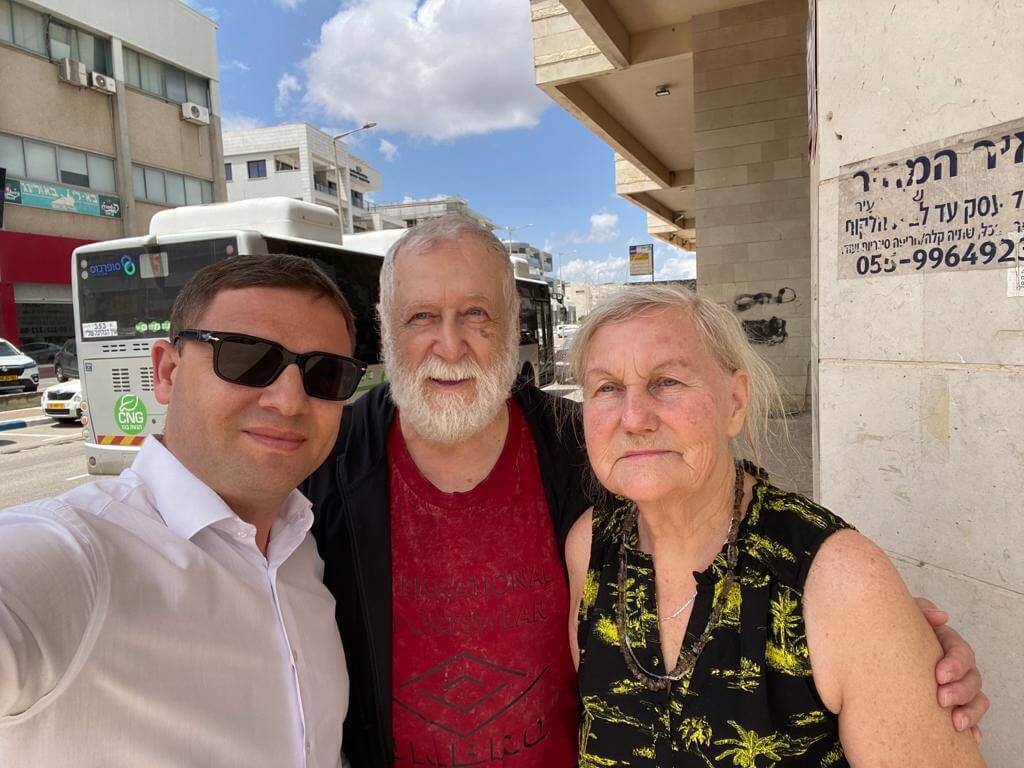From January 2024, citizens of Israel will need to obtain a digital authorization to cross the EU border, according to the ETA program (ETIAS – European Travel Information and Authorization System). However, the project organizers themselves speak of possible malfunctions in the new system, thus, there may be a short period of 3–6 months when ETIAS will not be mandatory.
The authorization can be used for visits of no more than 90 days, for tourism, medical, business, and transit purposes (does not apply to transit within the international transit zone, such as airport transfers without passing through border control). ETIAS will be required for arrival in Europe by air, sea, or land transport.
This project is aimed at countering the global rise in terrorist activity and strengthening the security of EU borders. Thus, not only Israelis but also all citizens of countries with a visa-free regime with the European Union and the United Kingdom, about 60 countries including the USA and Canada, will have to obtain this authorization.
For Israeli citizens, the application is submitted electronically. It is promised that the standard processing time for a request will be a few minutes, and the authorization will be sent by email in PDF format. There is no need to print out ETIAS.
Which countries require ETIAS?
– Schengen Agreement states
– Countries that are members of the European Free Trade Association: Switzerland, Norway, Liechtenstein, Iceland
– European microstates with open borders: Andorra, Monaco, San Marino, Vatican
Furthermore, a similar procedure will be introduced for visiting the United Kingdom, as well as for future members of the Schengen Agreement as part of joining the EU: Bulgaria, Romania, Cyprus.
What will be requested in the application?
– Passport / travel document details
– Full name and date of birth
– Current address
– Citizenship
– Possession of another citizenship
– Gender and gender self-identification
– Contact information
– Education
– Professional experience
– Country of visit
During the application or appeal process, they may request:
– Criminal history, information about imprisonment
– Dates and purposes of past travels in Europe
– Attitude towards drugs
– Presence of diagnoses and medical history
What you need to know:
– The requirement to obtain authorization applies to holders of teudat maavar (laissez-passer) as well as holders of darkon (passports);
– If a visa is required to visit a particular country with a teudat maavar, it is important to remember that this system does not replace it. More about the list of visa-free countries can be found here
– It is advisable to have a biometric document. Although there is no direct prohibition, it should be noted that this may become an obstacle both for obtaining authorization and for subsequent border crossing, even with authorization.
! Biometric documents can only be ordered at the Ministry of Interior offices in Israel. In Israeli consulates around the world and at Ben-Gurion Airport, only non-biometric documents can be issued.
On the official website of the program, it is stated that the applicant must have a “machine-readable electronic passport,” whether a temporary darkon or teudat maavar will be considered as such is currently uncertain, as there is no practice;
– Transit travelers through Europe en route to other destinations also need to obtain this authorization;
– There is no need to apply for each visit, the authorization will be valid for 3 years from the date of issue or until the passport expires, whichever comes first;
– It is recommended to apply at least 96 hours before departure;
– In case of refusal to issue ETIAS, travelers can apply for a standard visitor visa through the consulate of the country to which the first entry is planned, or they can appeal the refusal;
– In case of refusal or if the applicant made a mistake in filling out the form, the application can be resubmitted using the corrected information;
– Having authorization does not guarantee entry into Europe, the final decision is made by the border service officers of the country of arrival;
– The travel document/passport must be valid for at least 3 months at the end of the planned trip;
– The fee will be 7 euros, free for children under 18 and people over 70;
– If the applicant has a residence permit or resident status in an EU country, obtaining authorization is not required. Proof of residence and a valid passport must be presented;
– To obtain ETIAS, one must be a full citizen of Israel (this is not a matter of residency, but citizenship). Therefore, travelers with a passport or travel document with a different status may need to apply for a full Schengen visitor visa, not ETIAS.






























